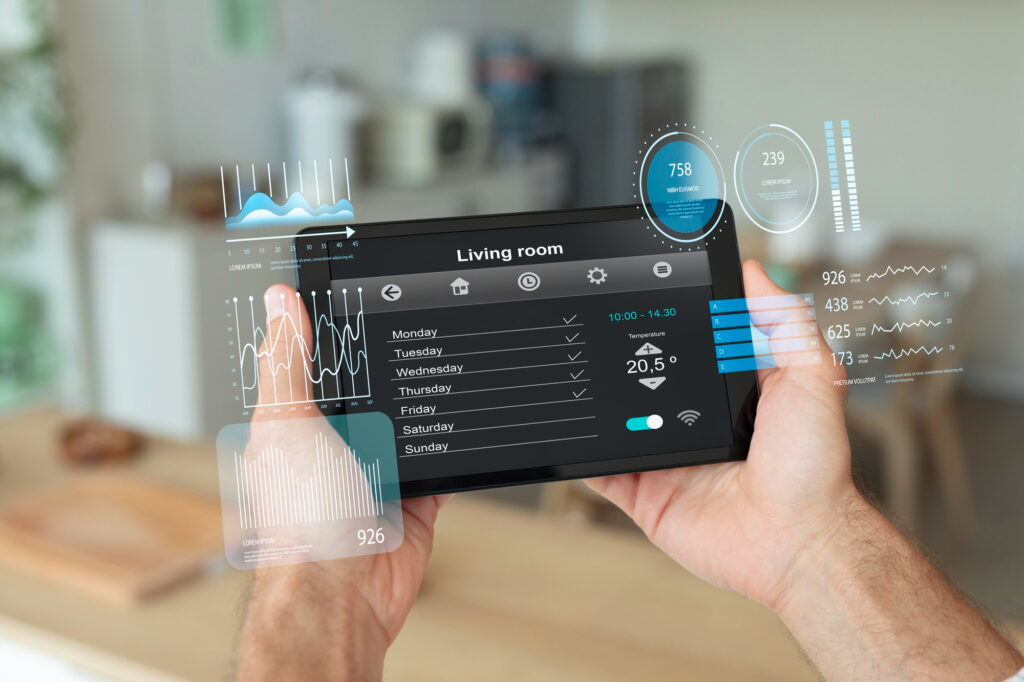- R R
- September 04, 2024
- No Comments
EV Series Part 2 - How AI-Driven Helpdesk Solutions are Revolutionizing India's EV Service Industry

In the first part of this series, we explored the growing challenges faced by the electric vehicle (EV) industry in India, particularly in managing customer support and operational efficiency. As the industry continues to expand, these challenges are becoming more pronounced. To address these issues, the integration of AI-driven helpdesk solutions and IoT-based systems has emerged as a game-changer. This second and final part of the series delves deeper into the specific ways these advanced technologies can transform the EV service landscape.
Key Challenges in the EV Service Industry
- Rising Customer Expectations: With the growth in EV users, there is an inevitable surge in customer queries, especially related to new technology such as battery performance, charging infrastructure, and regular maintenance. Traditional customer support systems often struggle to keep up with this influx, leading to delays and potential dissatisfaction among customers.
- Need for Technological Integration: Many EV companies still rely on legacy systems that are not equipped to handle the demands of modern, tech-savvy consumers. This lack of integration hinders the ability to offer real-time support and proactive service, which are crucial in the fast-paced EV industry.
- Operational Challenges Integration: As the number of EVs on the road increases, so does the need for timely maintenance and parts availability. Managing these operations efficiently is a significant challenge, particularly for companies that have not yet adopted advanced digital solutions.
Leveraging AI-Driven Helpdesk Solutions
- Smart Query Management: AI can automatically categorize and prioritize customer queries based on urgency and complexity. For instance, critical issues like a malfunctioning battery can be flagged for immediate attention, while less urgent inquiries can be handled by automated chatbots, ensuring a faster and more efficient response.
- Personalized Interactions: AI algorithms can analyze customer data to provide personalized service, predicting needs based on past interactions. For example, a customer frequently seeking information on nearby charging stations might receive automated, location-based suggestions through the helpdesk system.
- Real-Time Sentiment Analysis: Advanced AI tools can assess the tone and sentiment of customer interactions, allowing support agents to adjust their approach accordingly. This capability is particularly useful for addressing frustrated or concerned customers, ensuring that their issues are handled with the appropriate level of empathy and urgency.
- Automated Updates and Notifications: Advanced AI tools can assess AI-driven systems can keep customers informed throughout the resolution process, providing automatic updates on the status of their service requests. This reduces uncertainty and enhances the overall customer experience.
Enhancing IoT-Enabled EV Systems with AI

- Predictive Maintenance Alerts: IoT sensors in EVs continuously monitor vehicle health, detecting potential issues before they escalate into major problems. By integrating these IoT systems with AI-driven helpdesk platforms, companies can automatically trigger support tickets when anomalies are detected. For example, an overheating battery could prompt an alert, leading to a scheduled maintenance check before the issue impacts vehicle performance.
- Remote Diagnostics: AI-integrated helpdesk solutions can tap into IoT data for remote vehicle diagnostics. This enables support teams to access real-time information, allowing them to troubleshoot issues without the vehicle needing to be brought to a service center. For instance, if a customer reports a sudden drop in range, the helpdesk can remotely diagnose the problem and advise on the next steps.
- Enhanced Insights and Feedback Loops: By combining helpdesk systems with IoT data, companies can gain deeper insights into customer usage patterns and preferences. This information is invaluable for refining product design, optimizing service offerings, and tailoring marketing strategies. Additionally, AI can analyze customer feedback to identify areas for improvement, ensuring a continuous cycle of enhancement.
- Automated Service Scheduling: IoT sensors can monitor key metrics like tire wear or battery health, automatically generating reminders for routine maintenance. These reminders can be seamlessly integrated with the helpdesk system, allowing customers to schedule service appointments easily, enhancing convenience and ensuring timely maintenance.
The integration of AI-driven helpdesk solutions with IoT-enabled EV systems represents a significant advancement in the Indian EV service industry. These technologies offer the potential to revolutionize customer service by making it more personalized, proactive, and efficient. As the EV market continues to expand, investing in these advanced solutions will be crucial for companies looking to stay competitive and deliver exceptional customer experiences.
At TecRivulet, we specialize in designing and implementing advanced helpdesk solutions tailored to meet the unique needs of various industries, including the rapidly growing EV sector. Our team of experts understands the intricacies of integrating AI-driven technologies with IoT systems, enabling businesses to deliver exceptional customer experiences while optimizing operations.
Whether you are looking to enhance your current helpdesk capabilities or seeking a comprehensive solution that seamlessly integrates with your existing infrastructure, TecRivulet is here to help. We provide end-to-end support, from strategy development to implementation and ongoing management, ensuring that your helpdesk system is robust, efficient, and scalable. Partner with us to elevate your customer service and stay ahead in the competitive EV industry.
Let TecRivulet be your trusted partner in achieving a world-class helpdesk solution.
Categories
- Branding(2)
- Business(2)
- Log in(3)
- Privacy(3)
- Technology(5)
- Tips(4)
- Uncategorized(13)
